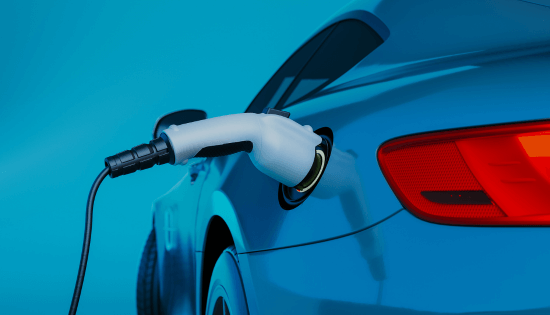Electric Vehicles now rival petrol cars in reliability and lifespan, says new research
A new study shows Electric Vehicles now rival petrol cars in reliability and lifespan.
This is due to rapid advances in technology, according to researchers from The University of Birmingham, The London School of Economics and Political Science, The University of California San Diego and The University of Bern.
The study
Almost 300 million UK MOT test records from 2005-2022 were analysed by the team, allowing researchers to understand more about the longevity of different vehicles and the lifespan of the vehicles main components (powertrains).
They concluded modern EV models last 18.4 years and travel 124,000 miles on average, and that rapid advances in technology now allow EV’s to have comparable lifespans with petrol vehicles, even under more intensive use.
Co-author of the study, Robert Elliot, Professor of Economics at the University of Birmingham said:
“ BEV’s offer significant environmental benefits, as Europe switches to a more renewable energy mix… a long-lasting electric vehicle can quickly offset its carbon footprint, contributing to the fight against climate change, making them a more sustainable long-term option”.
Co-author Dr Viet Nguyen, at the London School of Economics commented:
“BEV’s are a viable and sustainable alternative to traditional vehicles – a significant step towards achieving a net-zero carbon future”.

Reliable data to inspire policy change?
Professor Robert Elliot went on to say that as well as offering consumers reliable data to make an informed purchase, the research has an impact on policymakers too:
“Policymakers can use our insights to shape regulations and incentives that promote the adoption of durable and environmentally friendly vehicles, and plan ahead their end-of-life treatment”.
Want more?
You can explore the open access research “The closing longevity gap between battery electric vehicles and internal combustion vehicles in Great Britain”, here, in Nature Energy.






